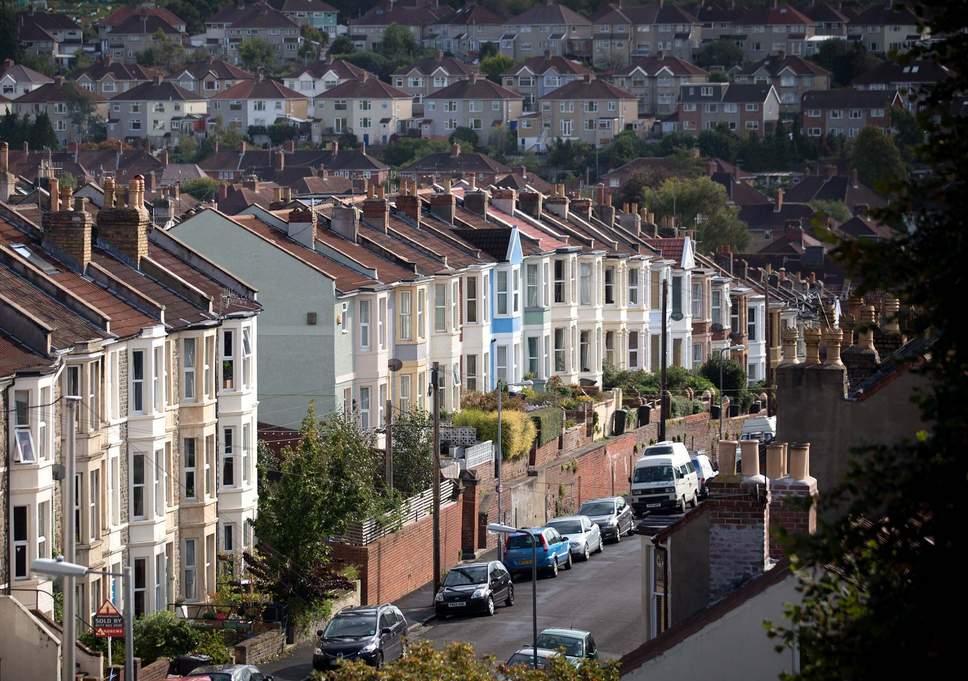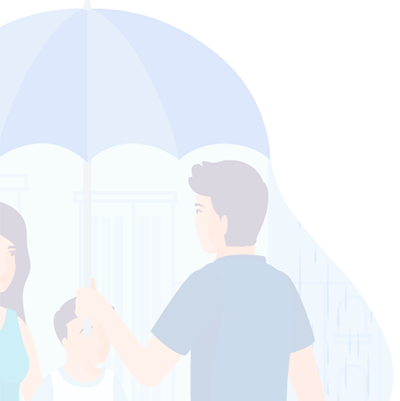This page will focus on a property repossession in England. The actions below can be converted to what will happen following a repossession of any asset which has been repossessed because of a default of payment.
If your home is repossessed, it is usually sold by your lender to pay off any secured lending made against it. It is common to have more than one loan secured against a property, more commonly known as a second charge (third, fourth charge etc).
These may also be paid off – in order of charge from any monies achieved from the sale. Click here for more information.
You still have legal obligations and payments which will need to be made. These payments will include:
- maintenance of the building – click here for details*
- buildings insurance

- any arrears payments as agreed prior to repossession
- ongoing mortgage** and interest payments
- penalty charges for missed payments
Selling The Property After Repossession
It is vitally important that you understand the process that occurs after you surrender your home. This is because of the possible implications which could occur because of the sale. Remember you can prevent this sale from happening even at this late stage by gaining an ‘order for sale’ from the courts. If you contact us now we may be able to help facilitate this.
It is possible that selling your house could take a long time and you will still need to continue to make payments on your debt until the sale is achieved. If you were to get to the stage where your property has already been repossessed, it is because the repayments had become unaffordable. The sooner you contact us the sooner we may be able to help you.

While a property remains unsold the amount owed to your creditor will normally continue to increase. There are specific laws and rules in place which your lender will need to adhere to (see the FCA HANDBOOK, MCOB 13.6 Repossessions), to ensure that there isn’t an avoidable delay when it comes to selling the property because delaying the sale would mean that your debt will unfairly increase.

Your home will be put up for sale to the open market in the normal way, through an agency who will accept viewings and convey offers to your creditor. However, lenders will more than likely sell a repossessed property at auction.
Normally a price achieved at auction will be less than one achieved via private treaty and whilst a lender is obliged to get the best price for your property for you, they are also under obligation to achieve a quick sale (which will be their primary concern) and NORMALLY the quickest way to obtain a sale is via auction.
If you think your lender has put too much emphasis on getting what is owed to them as quickly as possible and has failed in their obligation to get a fair price, get advice from a solicitor. You may be entitled to compensation.
When Will I Receive My Funds From The Sale Repossessed Home?
Your lender uses the money from the sale to repay what you owe. This includes:
- what is outstanding on your mortgage, including any interest
- the lender’s legal costs
- estate agent or auction house commission
- bills for repairs and maintenance (and any other costs incurred)
Any money left is used to pay off any other debts that you have secured against your home, for example a second mortgage.
Any money left over after paying “other debts” is yours.
Can A Homeowner Sell The Property Instead?
If you can show that you have received an offer from a serious buyer, your creditor may be willing to allow the sale. If not then you can apply to the courts for an ‘order for sale’. This will prevent your lender from selling the property for a limited amount of time and may allow you to sell it instead.
Your options by this stage are extremely limited and if you want to be able to keep your home you should contact us.
Repossession For Second Mortgage Or Secured Loan Arrears

If you have more than one mortgage or loan secured on your home, each lender has the same rights to apply to court to repossess your home.
- The second lender does not have to get permission from the first lender to apply for a possession order.
- If a second lender applies for repossession, the money from the sale must be used to repay the first lender before the second lender gets paid.
- This means that a second lender may be less likely to take you to court for repossession as there probably won’t be enough money from the sale to cover everything you owe.
- You may have more than one secured loan and so regardless of who has obtained the possession order, the “charges” are repaid in order i.e. mortgage lender first then, second charge holder, third charge holder and so on.
*It is a legal requirement that your lender ensures that any essential maintenance (e.g. storm damaged roof or leaking plumbing) is conducted on your property while it is in their possession – they will usually employ an external contractor and any costs they incur will be added to the final balance owed – this again incurs extra interest against your balance.
**SHELTER ENGLAND STATES: “YOU ARE NOT REQUIRED TO CONTINUE TO MEET YOUR MORTGAGE PAYMENTS AFTER POSSESSION”.
However as a responsible business – we would advise that where you can afford to make the payments, you should. You need to maximise any proceeds you stand to receive from the sale of your home and meeting your payments will keep excess charges and interest payments down.